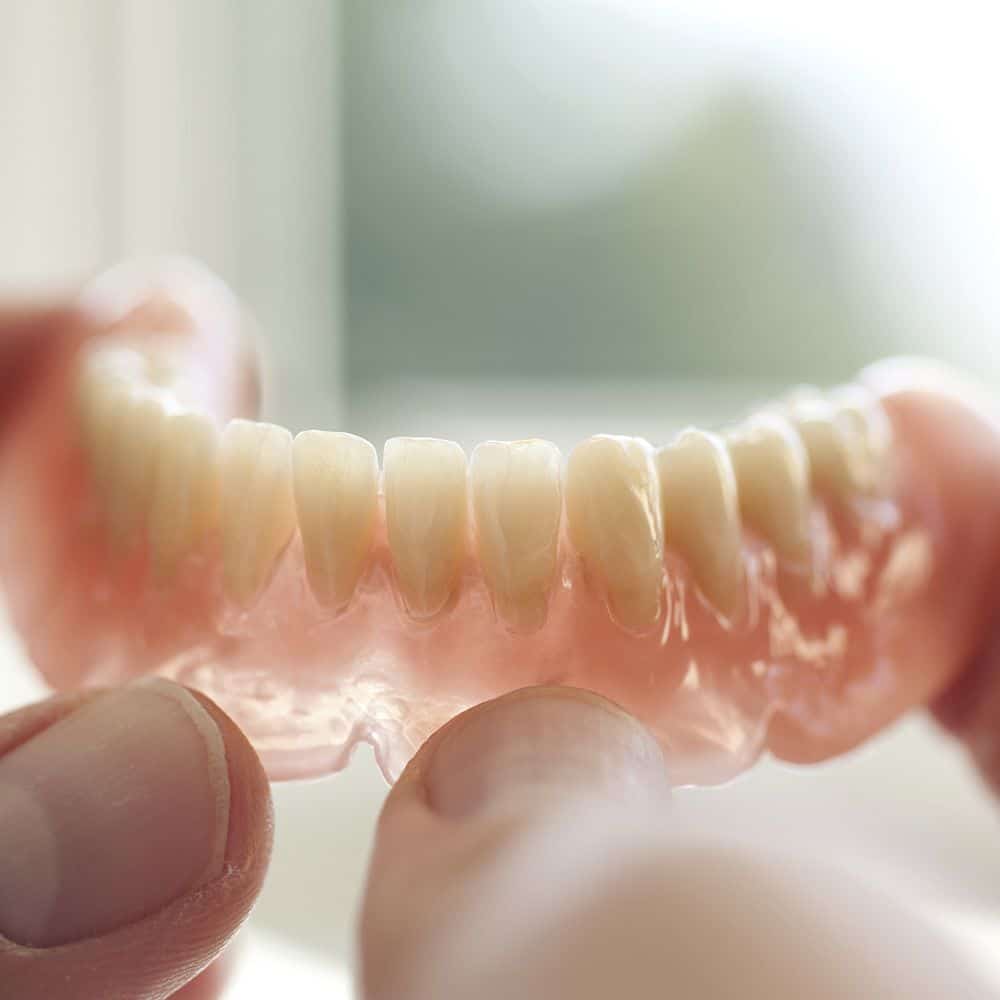Ever heard of stomatitis? How about candidiasis? Stomatitis is a mild inflammation of the oral mucosa, or oral membrane. Candidiasis is a yeast infection, also known as thrush. In patients with this condition, yeast feeds on dead cells on the lining of the oral mucosa. Denture wearers who develop stomatitis have thrush in about 90 percent of cases. Red or white splotches form on the tissues under a closed-palate upper denture, but may also develop on the tongue. Rarely does thrush develop under a lower denture, though it can. In addition, the patient may notice inflammation, cracking, and redness at the corners of the mouth. To learn more about dentures and thrush, contact our Fort Worth practice today.
Causes of Stomatitis and Thrush
The most common cause of thrush in adults is improper cleaning and neglectful nighttime removal of an upper denture. However, dry mouth, eating a lot of carbohydrates, taking antibiotics, immune system problems, or diabetes may also be factors. In short, bacterial invasion and irritation of the tissues leads to stomatitis and thrush in denture wearers. In rare cases, the condition may be an allergic reaction to the materials used in denture fabrication.
Diagnosis and Treatment
A visual exam may be sufficient to diagnose stomatitis and thrush, but in some situations, a swab culture or cytology (scraping of tissue) is necessary for confirmation of candidiasis. To treat the infection, a topical antifungal medication, pill, or dissolving lozenge is prescribed, followed by use of an antimicrobial mouth rinse.
The prosthetic itself must be cleaned thoroughly overnight – typically in a diluted bleach solution for dentures and an over-the-counter non-bleach solution for partials, for five to seven nights. Each morning, the dentures should be thoroughly rinsed with pure water before use. After this initial week-long disinfection, the patient must clean the dentures thoroughly each night. Noncompliance with proper cleaning and storage can result in recurrence of stomatitis and thrush.
Should recurrence of thrush occur, repeat treatment. Proper cleaning and storage of dentures will greatly reduce the risk for recurrence.
Cleaning and Storage of Dentures
After meals, patients should remove and thoroughly rinse dentures in clean water, being careful not to drop them. Next, the mouth should be thoroughly cleaned; do not use denture cleanser in the mouth. After cleaning the appliance and mouth, rinse the dentures.
Each night, after removing dentures and cleaning the mouth, the dentures should be brushed with a special denture brush and non-abrasive cleanser. Remove all denture adhesive and gently scrub the grooves in the denture lining in order to ensure complete cleaning. Soak dentures overnight in water or a denture solution so that they retain their shape. The next morning, rinse thoroughly before wearing them again.
Over time, the gums will become smooth due to friction between gum tissue and the denture lining. As a result, the dentures may fit loosely and should be relined by a dentist. Do not wear ill-fitting dentures. Call Texas Denture Clinic to schedule a relining appointment.
Making an Appointment
Should you notice any redness, soreness, white spots, or discomfort in your mouth, please don’t hesitate to contact our office and schedule an appointment. Left untreated, a simple infection can become serious. As denture experts, we have the expertise and tools to ensure your dentures fit well and feel comfortable.
